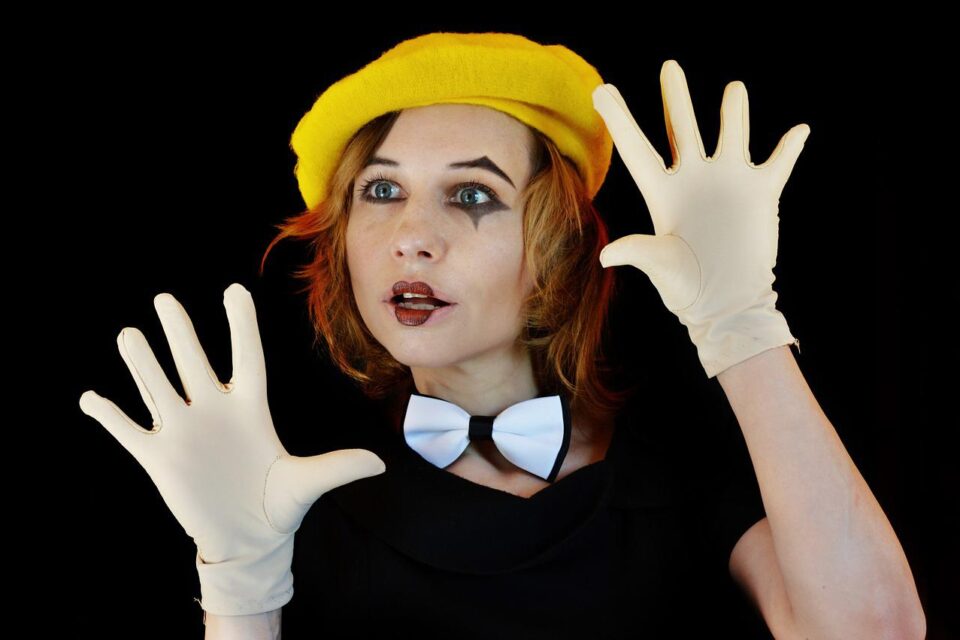BORN ACTORS WE ARE, BEYOND DOUBT!

All the world’s a stage,
And all the men and women merely players;
They have their exits and their entrances;
And one man in his time plays many parts,
(As You Like It, William Shakespeare)
We all are born actors and as per the Bard, we are merely playing our roles on the world’s stage. A child that is born is a natural actor and his only purpose in the early stage of his existence is to seize his audience’s unflinching devotion. He cries at the lack of it and displays ecstatic reaction at being the centre of it. Incapable of dialogue delivery, he makes do with esoteric sounds like gurgles, grunts and squeals. The infant, perhaps, is the most tactful actor who can, not only communicate sans words but also has the ability to make his revered audience mimic him in words and deeds. A stern-looking grandpa can often be witnessed coo-cooing to the infant grandchild or guffawing uninhibitedly at its antics!
The infant when grows up to be a child, in fact, ceases to be a natural and starts becoming a methodical actor. Bit by bit he picks up the secrets of the trade. We all appreciate a methodical actor, don’t we? His dialogue delivery may still be deficient but he learns to convey through expressions and gestures. He exhibits a variety of expressions– happiness, sadness, fear, anxiety, petulance, anger and many more. He even learns to fake them in his hour of need. A child unwilling to go to school will fake illness. “My tummy hurts” and “I don’t feel good” roles are played to the hilt by these novices of the art and the sure-footed, seasoned actors (read parents) are at a strategic back foot as they surrender to their skill. It was not for nothing that Wordsworth wrote, “Child is the father of man!”
By the time the child reaches the ripened stage of youth or adulthood, he has already mastered what Congreve mentioned, ‘The Way of the World’. The dialogue delivery technically becomes so flawless that the audience fail to discern truth from lies; acting skills become so infallible that reality and fantasy become inseparable and expressions become so unblemished that the most perceptive eye fails to detect the glimmer of pain hiding behind a jocund façade. Even lovers who swear upon the depth of their amorous feelings can perform and stage theatrics unbound. Lady Wishfort in The Way of the World, endorses the subtle art of role playing while alluring a lover,
“O, nothing is more alluring than a levee from a couch in some confusion: it shows the foot to advantage, and furnishes with blushes, and recomposing airs beyond comparison.”
And then we reach the autumn of our lives, the twilight zone where we are still part of the dramatis personae, but lose the role of the protagonist to some younger actor. It’s time to remind ourselves of Tennyson’s unflinching advice “the old order changeth yielding place to new.” The vigor of the youth has departed and so has the timbre in our voice. Dialogue delivery becomes defective and at times when memory plays truant with us, words fail to conjure meaningful images, thus leaving the once devoted audience exasperated. We watch them leaving their seats, one by one, departing through the nearest exit and then the lights are out and curtains fall…















